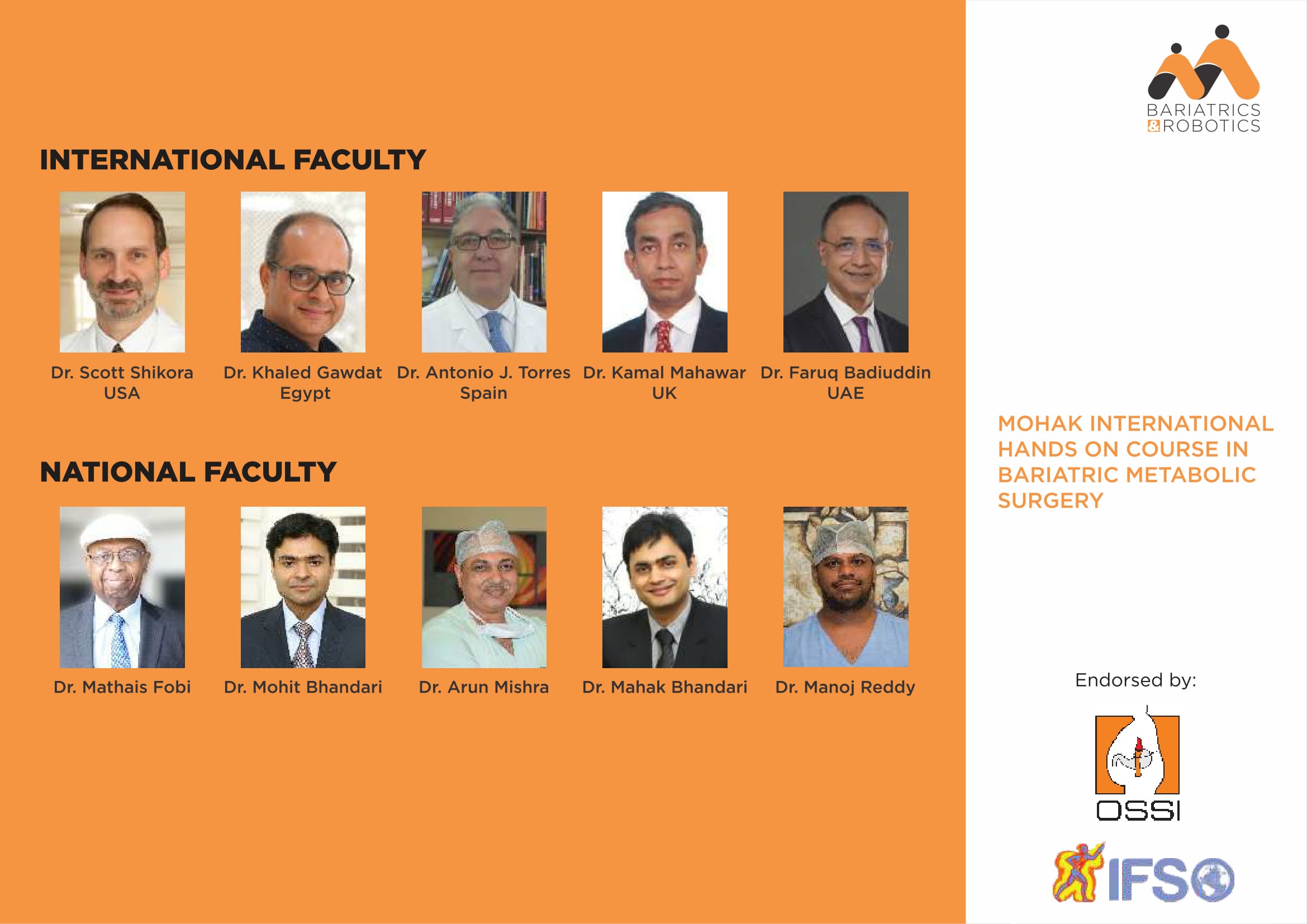
Mortality predictor Waist-to-height ratio is a better predictor of mortality than BMI
Waist-to-height ratio is a better predictor of mortality risk than BMI, according to research presented as this year’s European Congress on Obesity in Liverpool, UK.
The study found a clearer correlation between waist-to-height ratio and mortality rates than BMI and mortality rates, after the authors compared the effect of central obesity (waist-to-height ratio) and total obesity (BMI) on life expectancy expressed as years of life lost, using data on adults from the Health Survey for England and Health and Lifestyle survey.
The number of years of life lost at three ages (30, 50, 70 years) was found by comparing the life expectancies of obese lives with those lives at optimum levels of BMI and waist-to-height ratio. Previous research by Ashwell and colleagues has shown that waist-to-height ratio could be a better tool for predicting cardiometabolic risk factors than BMI.
According to the researchers, this is the first time that data have been produced to quantify years of life lost at different values of waist-to-height ratio. This has been done for both sexes separately and for three representative ages.


The results show that for a man aged 30 years with a BMI in the highest category considered of over 40 (0.8% of men that age), the predicted years of life lost is 10.5 years. Under the waist-to-height ratio method, for the most severely obese category considered (ratio 0.8, representing 0.2% of the population), years of life lost was 16.7 years. When considering 50 year old women with a BMI of over 40 (3.0% of women that age), years of life lost is 5.1 years.
Under the most severely obese category considered for waist-to-height ratio, (ratio 0.8, representing 0.7% of women that age), the years of life lost was 8.2 years.
The authors of the study were Dr Margaret Ashwell, Ashwell Associates and Oxford Brookes University, and Professors Ben Rickayzen and Les Mayhew, Cass Business School, City University London, UK.


